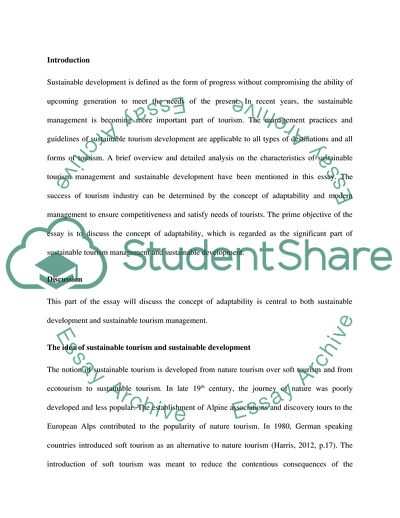Cite this document
(Sustainable Tourism Management Coursework Example | Topics and Well Written Essays - 2000 words, n.d.)
Sustainable Tourism Management Coursework Example | Topics and Well Written Essays - 2000 words. Retrieved from https://studentshare.org/tourism/1837203-sustainable-tourism-management
Sustainable Tourism Management Coursework Example | Topics and Well Written Essays - 2000 words. Retrieved from https://studentshare.org/tourism/1837203-sustainable-tourism-management
(Sustainable Tourism Management Coursework Example | Topics and Well Written Essays - 2000 Words)
Sustainable Tourism Management Coursework Example | Topics and Well Written Essays - 2000 Words. https://studentshare.org/tourism/1837203-sustainable-tourism-management.
Sustainable Tourism Management Coursework Example | Topics and Well Written Essays - 2000 Words. https://studentshare.org/tourism/1837203-sustainable-tourism-management.
“Sustainable Tourism Management Coursework Example | Topics and Well Written Essays - 2000 Words”. https://studentshare.org/tourism/1837203-sustainable-tourism-management.


